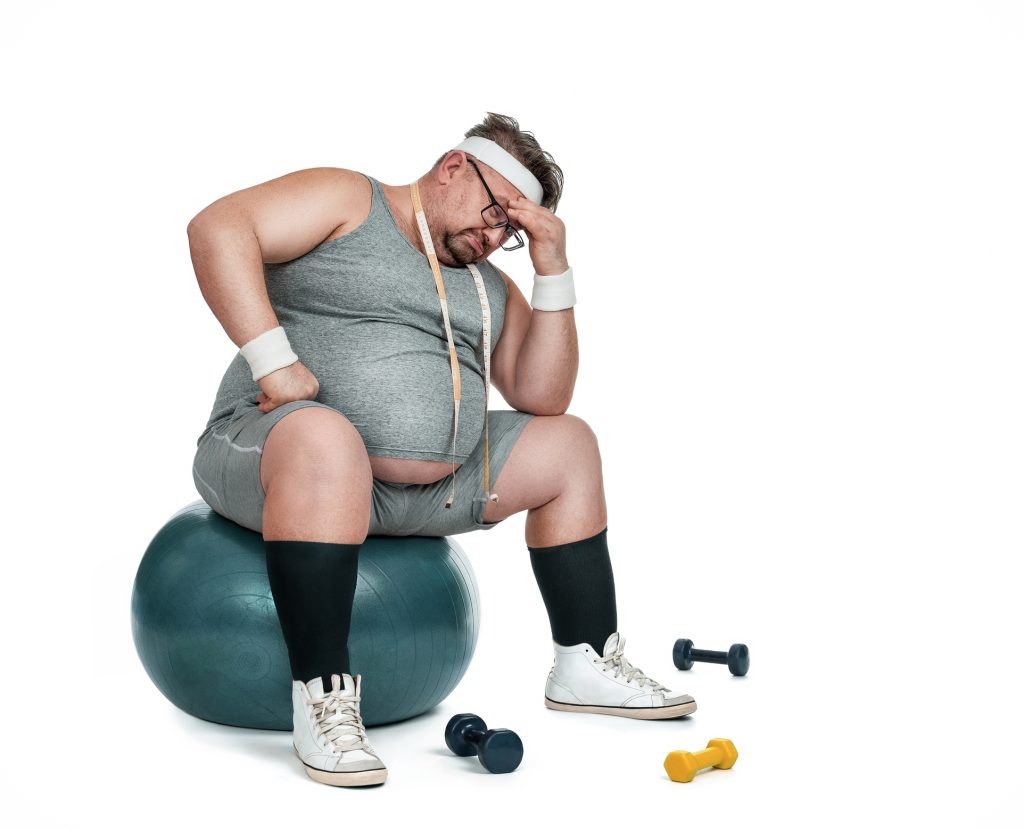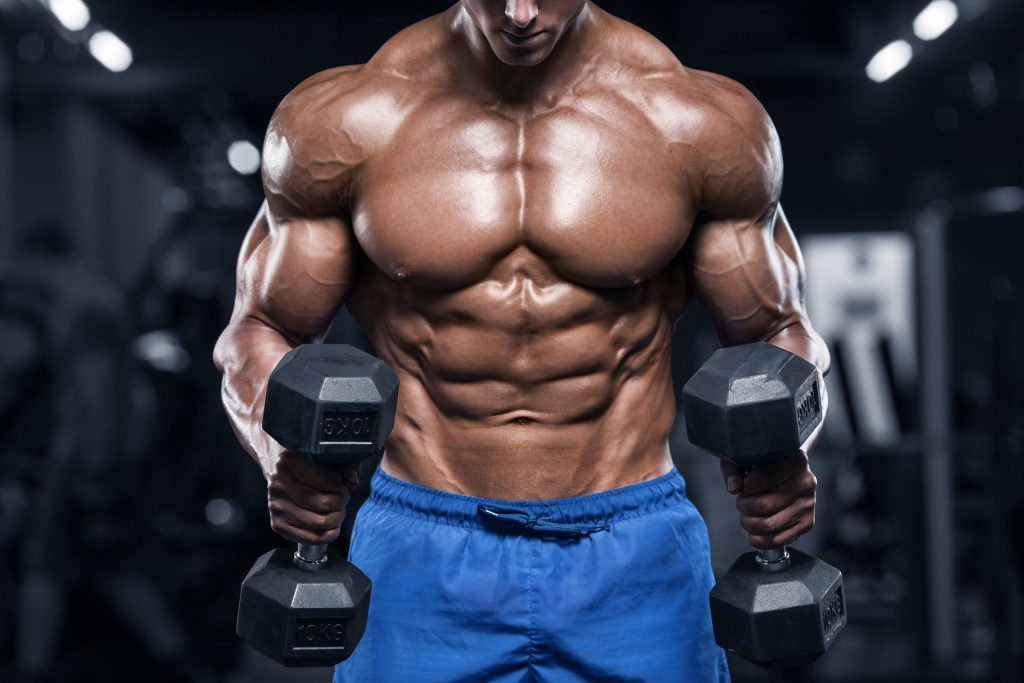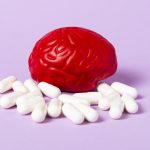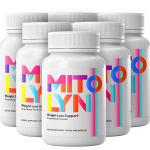 If you’re a Canadian man over 40, chances are you’ve felt some changes that are hard to explain: lower energy, slower muscle gains, trouble sleeping, or just not feeling as sharp or driven as you used to. While it’s easy to chalk this up to stress or aging, there’s a deeper physiological factor that may be playing a role: testosterone decline.
If you’re a Canadian man over 40, chances are you’ve felt some changes that are hard to explain: lower energy, slower muscle gains, trouble sleeping, or just not feeling as sharp or driven as you used to. While it’s easy to chalk this up to stress or aging, there’s a deeper physiological factor that may be playing a role: testosterone decline.
Testosterone is a critical hormone in the male body—affecting everything from energy and muscle mass to mood, sex drive, and even confidence. And while it’s perfectly normal for testosterone levels to gradually drop with age, the impact of that drop can vary widely depending on lifestyle, stress, and overall health.
The good news? Testosterone decline is not a life sentence. There are scientifically supported ways to reverse or mitigate its effects naturally—and Canadian men are increasingly leading the charge in optimizing their hormonal health without turning to prescription meds.
Here’s what you need to know about testosterone after 40—and how you can take control.
Why Testosterone Declines with Age
Starting around age 30, men’s testosterone levels begin to decrease at a rate of about 1% per year. By the time you’re 40 or 50, that can add up to a 10–20% drop or more.
Common contributors to testosterone decline:
- Age-related slowdown in hormone production
- Chronic stress (elevated cortisol levels)
- Poor sleep and recovery
- Lack of exercise or excessive cardio
- Nutrient deficiencies (zinc, magnesium, vitamin D)
- Weight gain—especially belly fat
It’s not just age. Modern lifestyle habits can fast-track hormonal decline if you’re not actively supporting your body.
For Canadian men over 40 looking to rebuild strength and combat the effects of declining testosterone, natural supplements like TestoPrime are gaining strong momentum. It’s formulated to support muscle growth, energy, and motivation without synthetic hormones. You can read a full breakdown of how it works here: https://www.globenewswire.com/news-release/2025/04/28/3069578/0/en/Best-Testosterone-Boosters-for-Muscle-Gain-Top-Rated-Testosterone-Pills-for-Bodybuilding-Muscle-Growth-From-TestoPrime.html
Symptoms Canadian Men Commonly Experience
You don’t need clinically low testosterone to feel the effects. Many men with “normal but low” levels experience:
- Loss of muscle mass despite training
- Increased body fat, especially in the midsection
- Lower energy and chronic fatigue
- Declining libido or sexual performance
- Mood swings, irritability, or brain fog
- Poor sleep and slow workout recovery
Sound familiar? If so, your testosterone may need support.
Why Men in Canada Are Taking Action in 2025
With better awareness, more functional medicine options, and high-quality natural supplements now available across the country, more Canadian men are choosing to take proactive control of their hormonal health.
And they’re doing it without jumping straight to TRT (testosterone replacement therapy)—which, while effective in some cases, comes with downsides like long-term commitment, fertility impact, and potential side effects.
Instead, they’re turning to sustainable, evidence-based strategies to reverse testosterone decline naturally.
- Build a Hormone-Supportive Routine
The foundation for reversing testosterone decline is simple, but powerful.
Train with Purpose
Strength training boosts testosterone naturally—especially if done with proper intensity and rest.
Tips for success:
- Lift 3–4x per week using compound lifts (squats, presses, rows)
- Focus on progressive overload—not excessive volume
- Avoid chronic cardio and overtraining
Sleep Like It’s a Priority
Testosterone production spikes during deep sleep. No quality sleep = low hormone output.
Sleep tips:
- Aim for 7–9 hours
- Reduce blue light and screens after 8pm
- Consider natural sleep aids (like magnesium glycinate or herbal teas)
Eat to Fuel Hormones
Low-fat diets? Bad idea. Your body needs dietary fat to produce hormones.
Key nutrients for testosterone:
- Healthy fats (olive oil, avocado, nuts, whole eggs)
- Zinc (red meat, pumpkin seeds)
- Magnesium (leafy greens, almonds, dark chocolate)
- Vitamin D (sunlight, supplements)
- Protein (1.2–2g/kg of body weight daily)
Stress Less = More T
Cortisol (your stress hormone) suppresses testosterone. High stress means low testosterone.
De-stress strategies:
- Daily walks or hikes (Canada has plenty of beautiful trails!)
- Breathwork or meditation
- Spending time with family, doing things you enjoy
- Add Natural Testosterone-Boosting Supplements
Once your lifestyle foundation is set, certain supplements can help elevate and stabilize your T levels.
Effective, research-backed options include:
Vitamin D3
- Crucial for testosterone production
- Many Canadians are deficient due to limited winter sun
- Dosage: 2000–5000 IU daily
Zinc
- Supports testosterone synthesis and immune health
- Often low in active men who sweat frequently
Magnesium
- Improves sleep, lowers cortisol, supports hormone balance
Ashwagandha
- Reduces stress and improves free testosterone
- Also supports mood, focus, and recovery
Fenugreek
- May support free testosterone and libido
- Supports lean body composition
D-Aspartic Acid
- Stimulates luteinizing hormone and natural T production
- Often used in cycles for men with mild declines
Real-World Results from Canadian Men
With the right mix of training, sleep, nutrition, and supplement support, men across Canada are seeing powerful transformations.
In 2–4 weeks:
- Better sleep and improved mood
- More morning energy and motivation
In 6–8 weeks:
- Increased strength and better recovery
- Fat loss and improved body composition
In 10–12 weeks:
- Noticeable gains in muscle tone
- Renewed confidence, focus, and libido
It’s not about reversing time—it’s about reclaiming your edge.
Where to Start: A Trusted Guide for Canadian Men
If you’re ready to explore testosterone support in more detail, this guide features products specifically reviewed for Canadian men over 40 and 50: https://www.globenewswire.com/news-release/2025/04/17/3063637/0/en/Best-Testosterone-Booster-Supplements-Canada-TestoPrime-for-Males-Over-40-and-50-By-TestoPrime-CA.html
It highlights clean, science-based options that don’t require a prescription.
What If You’re Still Struggling?
If after consistent changes and 8–12 weeks of supplementation you’re still feeling off, it may be time to get tested.
Ask your doctor for:
- Total testosterone
- Free testosterone
- Luteinizing hormone (LH)
- Thyroid and cortisol levels
This can help rule out deeper issues or confirm if medical options like TRT are appropriate.
Final Thoughts: Take Back Control After 40
The 40s can either be a slow slide—or the launch pad into your most powerful, purposeful decade yet.
Testosterone decline is real, but it’s not the end. It’s a signal. A biological nudge that your body needs support to keep performing.
The great news? Canadian men have access to tools, knowledge, and natural solutions that work.
- Lift smarter
- Sleep deeper
- Eat better
- Stress less
- Supplement wisely
It’s not about chasing youth—it’s about optimizing manhood for the long haul.
Because when your hormones are in balance, everything else gets easier—from lifting and focus to intimacy and overall drive.
You’re not done. You’re just getting started.





